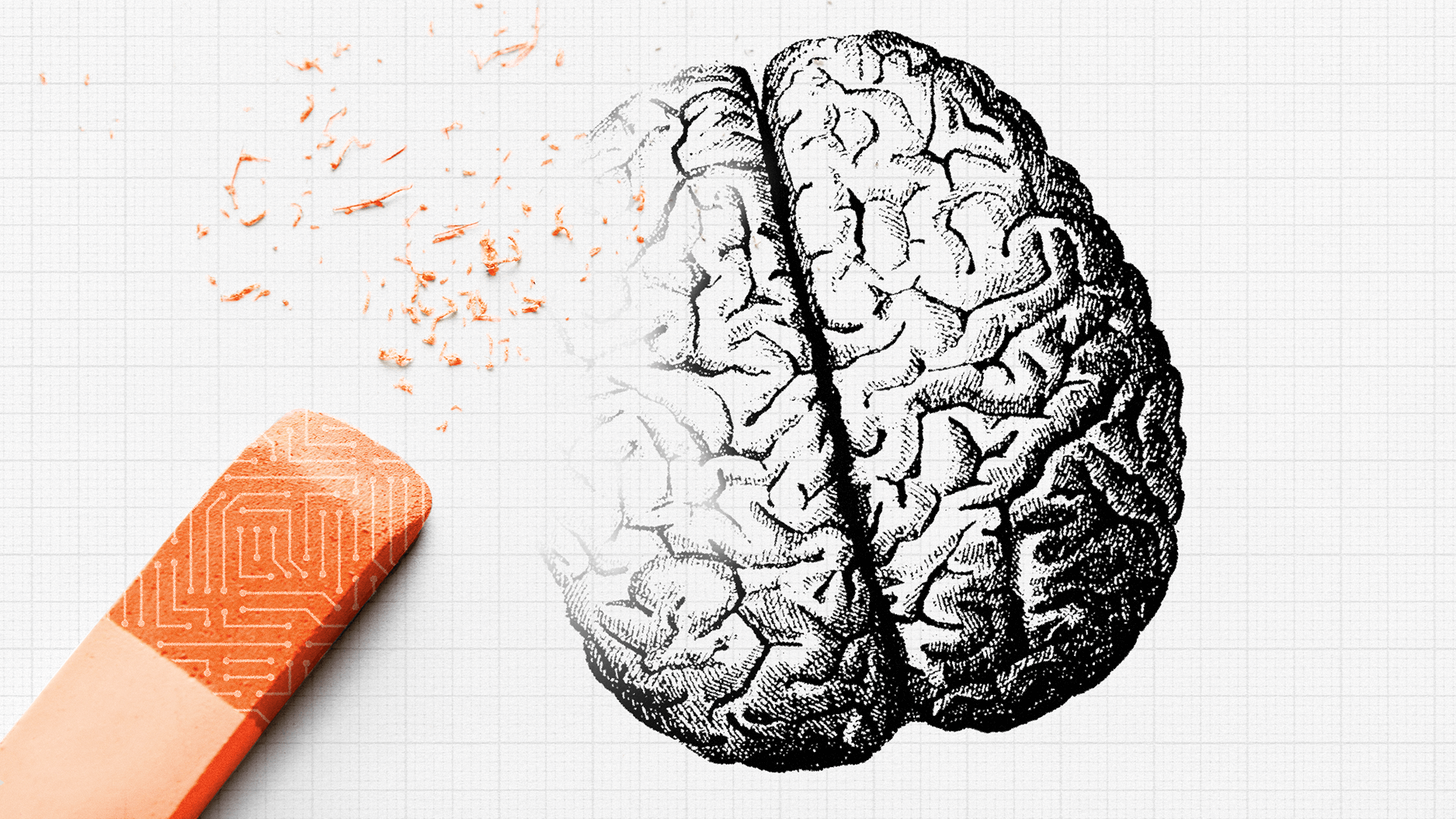Stupidity Only Partly Explains Homophobia

I have always thought that the fable that best describes the modern world is that of the Emperor’s New Clothes. You know the one in which the ruler struts around naked while his subjects tell him how wonderful his new robes are rather than risking to appear to be stupid. Of course at the end of the story we think they are stupid anyhow, not because they couldn’t see the supposedly invisible clothes, but because they put all their faith in an authority that told them that the ruler was wearing magical clothes when even a child could see that he was just a naked old man.
Research published last year found that people with low cognitive abilities were significantly more likely to demonstrate an anti-homosexual prejudice. Even after controlling for the level of education, 68% of participants with cognitive abilities below the median level expressed an above the median distaste for homosexual behavior.
Similarly, new research finds a similar relationship between intelligence and racism. 62% of men and 65% of women who scored below the median level of intelligence at age 10 demonstrated above median levels of racism as adults while only 35% of men and 38% of women who scored above the median level of intelligence at age 10 demonstrated above median levels of racism as adults.
It would be easy to take this evidence to show that people with low cognitive abilities are more likely to have irrational hatred toward people who are different from them either in terms of race or sexual orientation. New research published last week, however, suggests a different story.
It seems that just as in the story of the naked Emperor, people with low intelligence prefer the security of an authority who tells them what to think rather than to take the risk of forming, and expressing, their own opinions in a world that might judge them for having an alternative point of view.
Since right wing conservative ideologies are more authoritarian, that set of beliefs attract people who are not very smart. And since those same ideologies promote a dislike of others who are outside of their immediate group – people of different races or sexual orientations for example – those are the ideologies more frequently adopted by people with poor cognitive abilities.
The desire to be told what to think by an authoritarian ideology doesn’t completely explain why people with low intelligence are more likely to be prejudiced, but it can explain almost half of the relationship between cognitive ability and homophobia and 92% of the relationship between cognitive ability and racism.
The authors of this study have been quick to point out that they are not suggesting that everyone who has conservative beliefs are all stupid or that everyone who has liberal beliefs are all smart. Instead they are arguing that an ability to form your own beliefs, rather than taking those from an authority on faith, requires a confidence in your ability to think intelligently. In that respect, they are essentially arguing that left-wing liberal ideologies necessarily exclude people who lack the confidence to form their own opinions.
Speaking of fearing people from outside of the immediate group, as an economist I have marveled over the last couple of years as to how easy it has been to convince so many people that China is responsible for the current state of the economy in the United States. I guess it stands to reason that among a particular group of people who are already inclined to fear “the other” and prefer simple fables to more complicated truths, no one wants to stand up and say, “That story has no clothes!”
References:
Hodson, G. and M. Busseri (2012). “Bright Minds and Dark Attitudes: Lower Cognitive Ability Predicts Greater Prejudice Through Right-Wing Ideology and Low Intergroup Contact.” Psychological Science, Vol. 23(2): pp 187-195.
Keiller S. W. (2010). “Abstract reasoning as a predictor of attitudes toward gay men.” Journal of Homosexuality, Vol. 57: pp 914–927.





